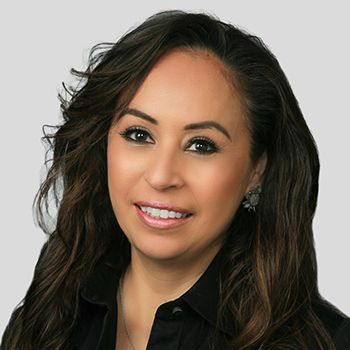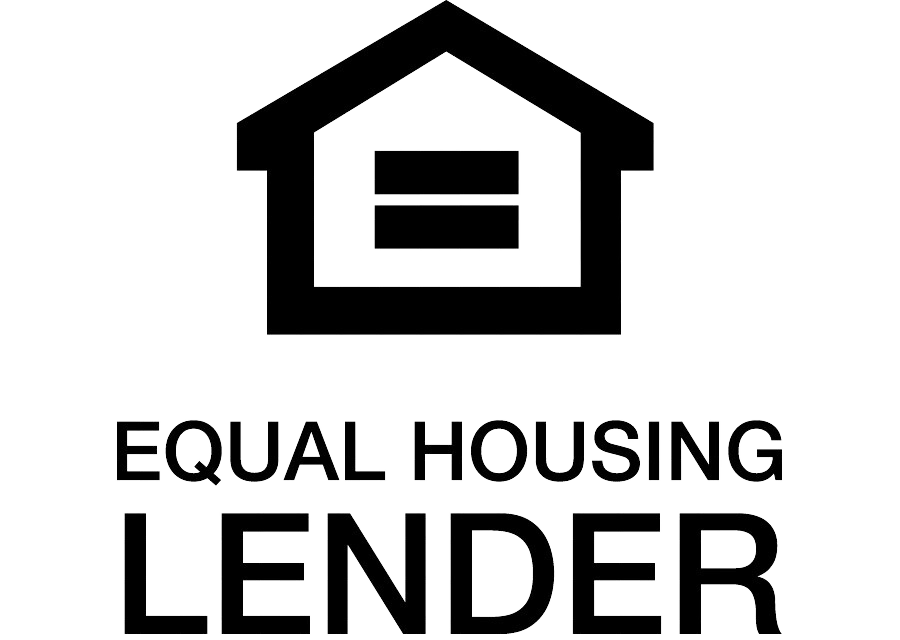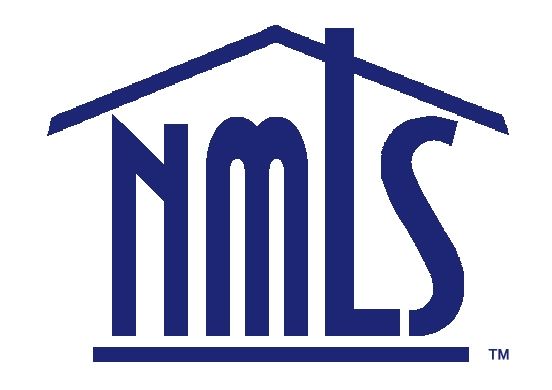Smart Solutions for a More Secure Retirement Lifestyle

"Catalina was amazing! She was very competent, professional and patient with me throughout the entire process! I highly recommend her… 5 Stars!!!!!" ~ A Happy Client
Stay in the Home You Love—with
Less Financial Stress
Retirement should be a time of comfort and confidence—not stress over monthly expenses. If you’re 62 or older and looking for ways to improve your financial situation without giving up your home, a reverse mortgage could be the solution.
By accessing the equity you’ve built over the years, a reverse mortgage allows you to receive funds—without taking on monthly mortgage payments. Best of all, as long as you meet basic requirements like paying property taxes, maintaining the home, and keeping up insurance, you stay right where you are.
How a Reverse Mortgage Could Impact Your Life
Imagine the peace of mind that comes from eliminating your current mortgage payment. With a reverse mortgage, that money goes back into your monthly budget—giving you room to cover day-to-day expenses, pay off debt, or just enjoy life a little more.
Whether your savings aren’t stretching as far as you hoped or you want to avoid dipping into retirement investments during a down market, a reverse mortgage can provide:
- A lump sum to cover large expenses
- Monthly payments to supplement your income
- A growing line of credit for financial flexibility
- A combination of these options to maximize your retirement situation
Many seniors use this added cash flow to:
- Cover healthcare costs or in-home care
- Make home improvements or repairs
- Help adult children or grandchildren
- Travel, pursue hobbies, or simply enjoy life more fully
And perhaps most importantly—it helps you age in place, in the comfort of the home you love, surrounded by the community and memories you’ve built.
Built-in Protections for Your Peace of Mind
A reverse mortgage is more than just a loan—it’s a carefully regulated financial tool with strong safeguards in place to protect you and your loved ones:
✔️
You Stay in Your Home – Continue living in your home as long as it’s your primary residence and you meet basic obligations*.
✔️
No Monthly Mortgage Payments – You’re not required to make payments unless you choose to. The loan is repaid when the home is sold, you move out permanently, or you pass away.
✔️
Non-Recourse Loan – You or your heirs will never owe more than the home’s value at the time it’s sold.
✔️
Spousal Protection – Eligible spouses can remain in the home even if they are not listed as a borrower.
✔️
Flexible Payout Options – Choose the disbursement plan that fits your lifestyle and needs.
Reverse Mortgages: A Smarter Retirement Strategy
You’ve already invested in your home—now let your home support you. A reverse mortgage can free up income and offer new possibilities for your retirement years.
Real-Life Example:
Let’s say your home is worth $500,000 and you still owe $200,000 on your traditional mortgage. A reverse mortgage could pay off that existing loan entirely—eliminating your monthly payment and freeing up hundreds (or even thousands) of dollars each month. That money could go toward healthcare, home repairs, travel, or simply boosting your quality of life.
Prefer to play it safe? Many seniors open a reverse mortgage line of credit to have a reliable source of funds available for emergencies or future needs—knowing it grows over time.
Start Living the Life You’ve Earned
You’ve worked hard for your home. Now, let your home work for you.
A reverse mortgage offers the opportunity to enjoy more financial freedom, age in place with confidence, and create a safety net for whatever the future holds. Whether you’re looking for extra cash now or planning ahead for future care, this powerful tool can help make your retirement more secure—and more enjoyable.
Let’s talk about your options.
Schedule a free consultation and find out how a reverse mortgage could support your goals. You deserve to feel comfortable, confident, and in control of your retirement years.
*Borrowers must live in the home as their primary residence. They must maintain the home and remain current on property taxes, insurance and HOA dues (if applicable).



